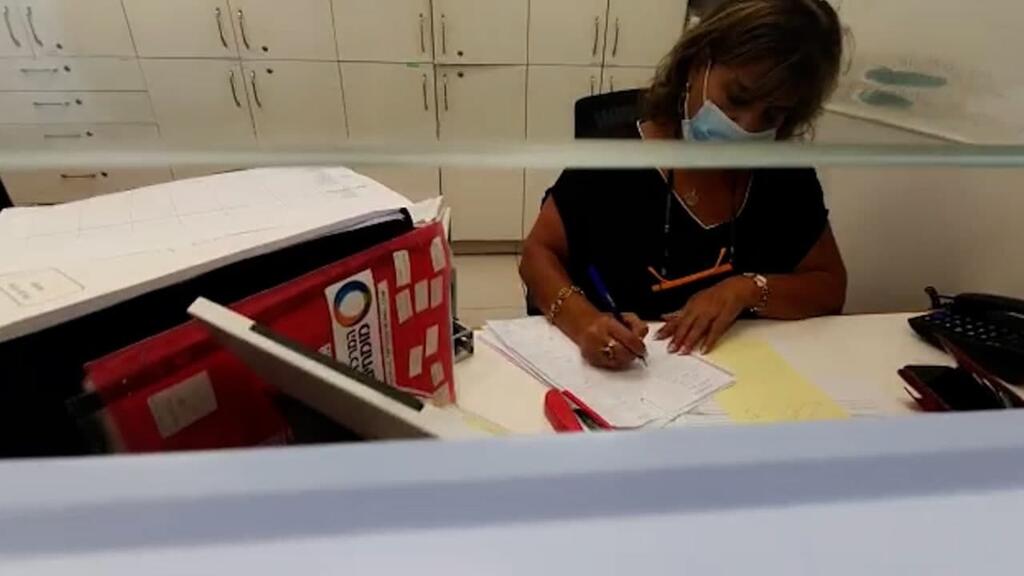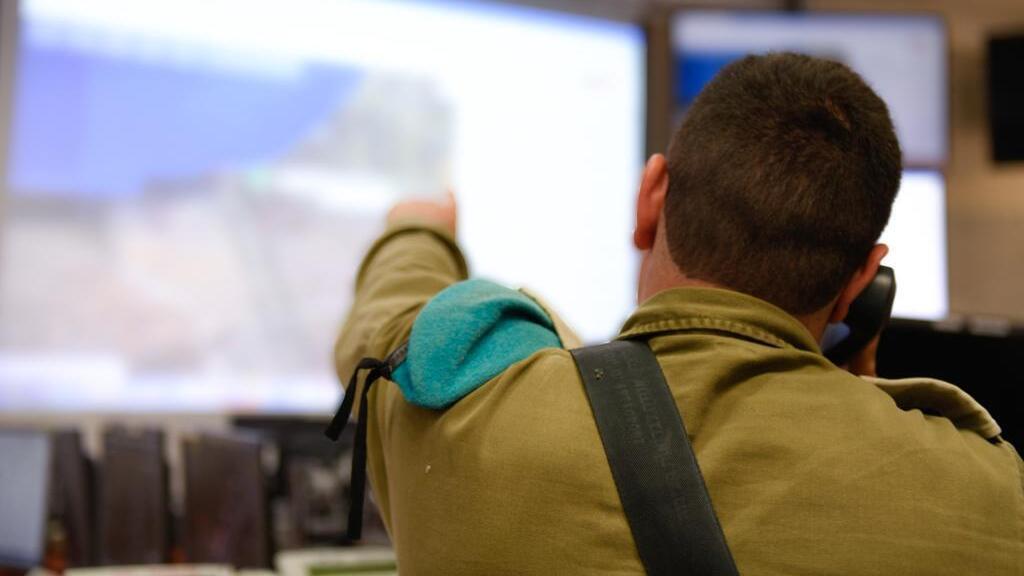The IDF said on Monday that during 2022, the rate of Iranian cyberattacks against Israeli targets rose 70%.
The total number amounts to dozens of attacks committed in the last year, but the IDF says that most of them were thwarted.
One of these cyberattacks, however, targeted Hadera’s Hillel Yaffe Medical Center and managed to cause harm to its systems. Soldiers from the IDF’s tech unit, were dispatched to the hospital to help restore the computer systems.
The IDF explained that according to the law, Israel’s National Cyber Directorate is responsible to care for such cases, alongside the Shin Bet. Both help guide vital companies such as banks and mobile phone carriers, on how to protect themselves from cyberattacks.
A successful attack could see hackers gain access into devices of thousands of Israeli civilians and gather sensitive data, as well as breech bank accounts, disrupt transportation and traffic lights and gather medical information.
Protecting civilians from cyberthreats is a mission entrusted to numerous government bodies, and the IDF’s main mission is to protect its systems from such attacks, even by doing so, the military must work in the civilian sphere.
Security authorities told Ynet that at all times, every part of the system is working together to defend against cyberattacks on civilians in Israel by enemy hackers.
The Iranian military is deploying over 20 cyberattack units, with at least ten of them working against Israel, the IDF said. Most of the attacks observed by security forces occur during the weekend.
Despite of the threat of use of cyberattacks during a war, military officials estimate that most threats to Israel in the coming years will be from rocket fire. At the same time, security officials warn that “Cyberattacks could shut down the army and the government, and harm every facet of our lives.”
Meanwhile, the IDF’s Computer Service Directorate launched a new system built to coordinate attacks against enemy forces. The system, dubbed “Maestro”, allowed a wider range of attack from air, land and sea, while coordinating their movement from different IDF headquarters.
The system also gathers and presents relevant data on engagements and targets, and provides the information to every relevant command and the IDF General Staff.
The system became fully operational during the August offensive against Gaza, after a year in development. The IDF has already announced plans to upgrade digitized systems in order to bolster military communications. The project is scheduled to be completed in ten years’ time and cost 2 billion NIS.
Another project in development by the IDF is storage of every sensitive military information in a secure manner which will allow faster processing of information gathering.




